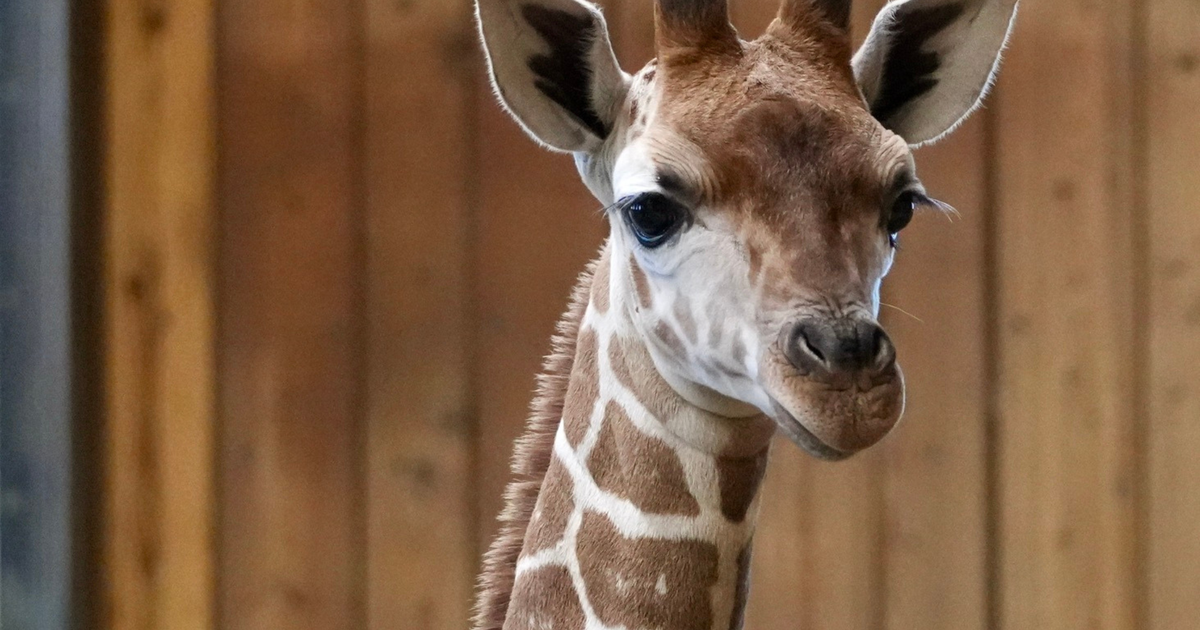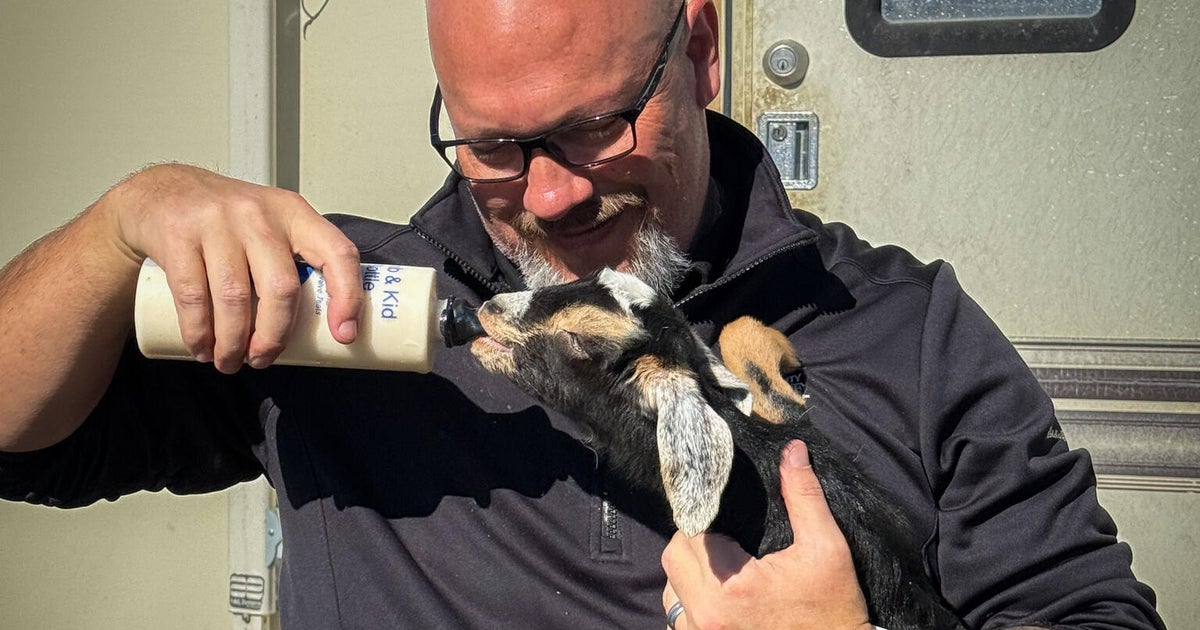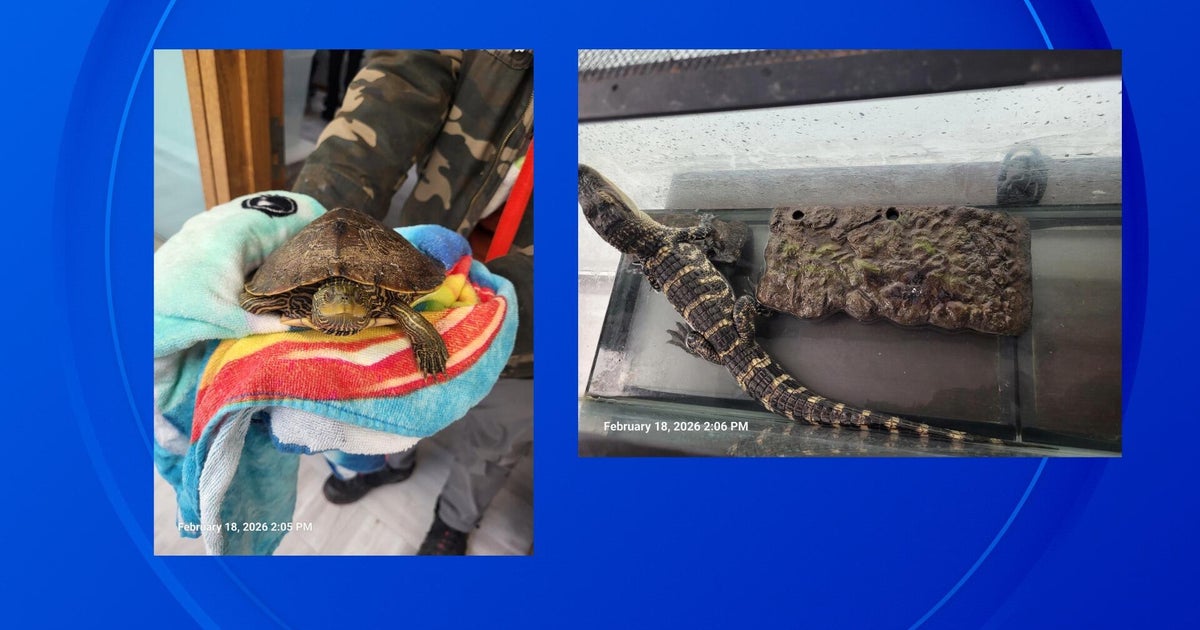Louisiana zoo animals are getting vaccinated against COVID-19
Louisiana's Audubon Zoo is joining a list of other zoos and aquariums across the U.S. vaccinating resident animals against COVID-19. The zoo announced on Tuesday that the measure is an "additional layer of protection," and did not cite any cases among its animals.
The vaccine was developed by the company Zoetis, and was specially made for animals. The company has donated more than 11,000 doses of the vaccine to dozens of zoos, conservatories, sanctuaries and other organizations across 27 states. The vaccine, according to Zoetis, has been authorized for experimental use on a case-by-case basis by the U.S. Department of Agriculture.
At the New Orleans-based zoo, the vaccine is first being given to gorillas and orangutans. The organization is also planning to vaccinate cats and mustelids, including otters, at both the zoo and the Audubon Aquarium of the Americas.
The zoo said that all animals receiving the vaccine "voluntarily participate in their own health through positive reinforcement training." They will not be put under anesthesia to be vaccinated, the zoo said, and have been trained to sit, stand or present their bodies to staff.
"It's very important to us to protect our animals against COVID-19 and the Delta variant," Audubon's Senior Veterinarian Bob MacLean said in a statement. "We have been evaluating the scientific literature on animal susceptibility throughout the pandemic, and we are eager to protect our animals."
In June, California's Oakland Zoo became the first zoo to give the vaccine to its animals, including tigers, black bears, grizzly bears, mountain lions and ferrets. Zoetis Global Biologics Senior Vice President Mahesh Kumar said in July that the COVID vaccine is not necessary in pets or livestock, but that it can help protect zoo animals.
"When the first dog was infected with COVID-19 in Hong Kong last year, we immediately began to work on a vaccine that could be used in domestic animals, and in eight months we completed our initial safety studies, which we presented at the World One Health Congress last year," Kumar said. "More than ever before, the COVID-19 pandemic put a spotlight on the important connection between animal health and human health, and we continue to monitor for emerging infectious diseases that can impact animals as well as people."
The risk of animals spreading COVID-19 to people is low, according to the Centers for Disease Control and Prevention, but the virus can spread from people to animals in some situations. The agency says it's been documented that pets, zoo animals, minks and wild white-tailed deer have contracted the virus.
In January, three gorillas at the San Diego Zoo Safari Park contracted COVID-19, according to the USDA. A tiger in New York and snow leopards in Kentucky have also contracted COVID-19 since the pandemic began.
"Although there are no long-term studies since the virus emerged less than two years ago, development studies by Zoetis demonstrated the vaccine to be safe and have a reasonable expectation of efficacy in mounting an immune response in animals," MacLean said. "...This proactive measure is an additional layer of protection. The health of the animals in our care, staff and guests is our top priority."



